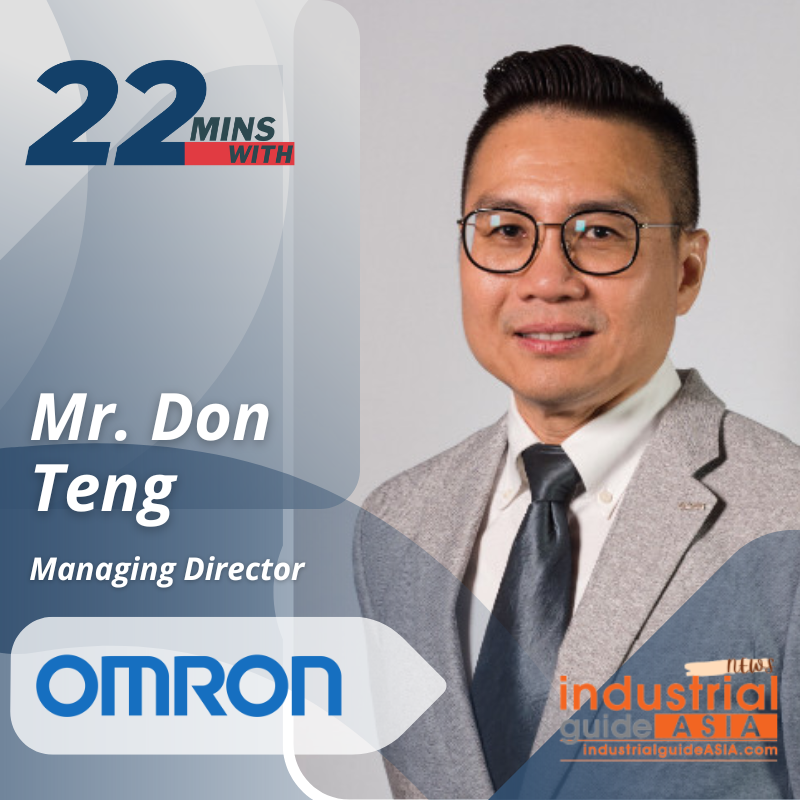ESA, a leading innovator in clean energy solutions, has announced the successful permitting of the Salzburg Battery Storage Project, a 150 MW / 600 MWh standalone battery energy storage system (BESS) in Midland Township, Michigan.

Located on a 15-acre site in northwest Midland Township, the Salzburg Battery Storage Project is designed to deliver critical grid services, including peak shaving, load shifting, and regulation.
Unlike traditional peaker plants, the battery system offers instantaneous response without the need for ramp-up time, increasing efficiency and reducing emissions. The project is uniquely positioned as a standalone asset, to be equipped with a dedicated substation to connect directly to Michigan's transmission system.
"The Salzburg Project exemplifies our commitment to delivering innovative energy solutions that benefit local communities and strengthen the electric grid," said Lindsay Latre, Chief Executive Officer at ESA.
"This milestone is the culmination of years of work, showcasing our team's ability to navigate rigorous state and local permitting processes. We are proud to lead the way in Michigan and lay the groundwork for future standalone energy systems in the region."
Key Highlights:
- Capacity: 150 MW / 600 MWh, enough to power 30,000 homes for about four hours (assuming an average home uses 5 kW of power and consumes 20 kWh per day).
- Location: 15-acre site in Midland Township, Michigan.
- Technology: Standalone BESS with no reliance on solar or wind facilities.
- Grid Benefits: Provides peak shaving, load shifting, black start capabilities, and energy arbitrage, significantly enhancing grid reliability.
- The permitting process involved close collaboration with Midland Township, state regulators, and ESA's public relations and entitlement teams, resulting in a first-of-its-kind approval. The Salzburg Project demonstrates ESA's leadership in advancing sustainable energy solutions in challenging regulatory environments.
The project is currently in the Midcontinental Independent System Operator (MISO) 2023 Study Cycle and expects to complete the study process by 2026. The next steps include completing the interconnection process, finalizing engineering, procurement, and construction (EPC) contracts, and securing financial notices to proceed.
Once operational, the Salzburg Project will be managed as a long-term asset with a lifecycle of up to 30 years, followed by environmentally responsible decommissioning.





.png)
%20(19).png)
%20(18).png)
%20(2).png)
%20(4).png)
%20(5).png)
%20(10).png)
.png)
%20(1).png)
%20(10).png)
%20(8).png)
%20(7).png)
%20(2).png)
.png)
%20(1).jpg)
%20(6).png)
%20(5).png)
%20(4).png)
%20(3).png)
%20(1).png)
.png)



.png)

%20(1).png)
.png)
.png)
%20(2).png)
.png)

.png)












